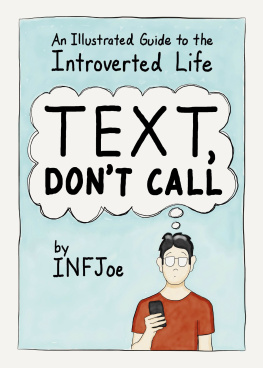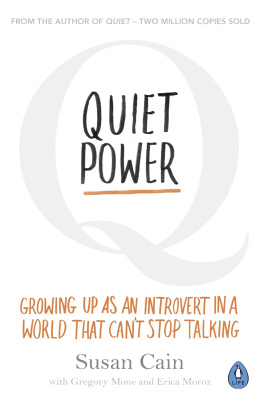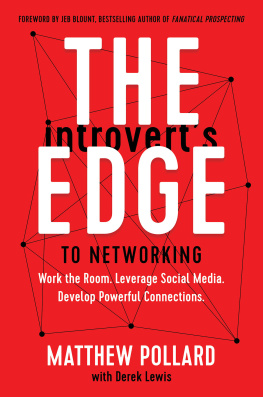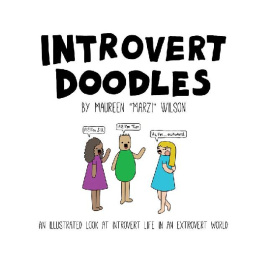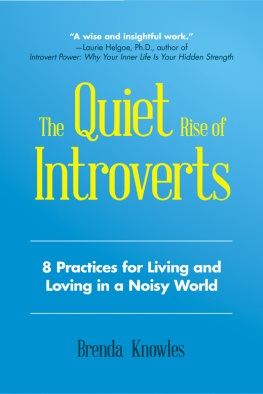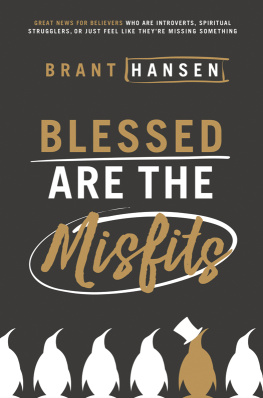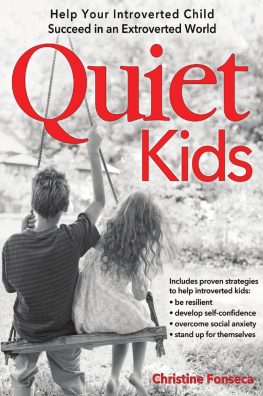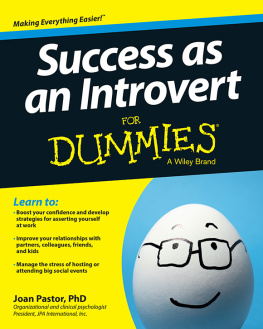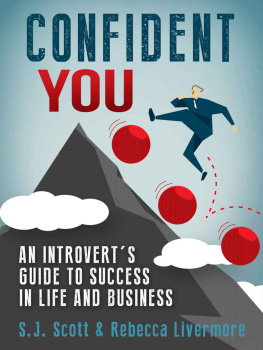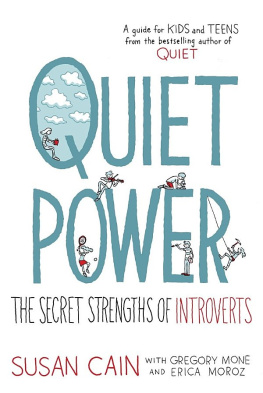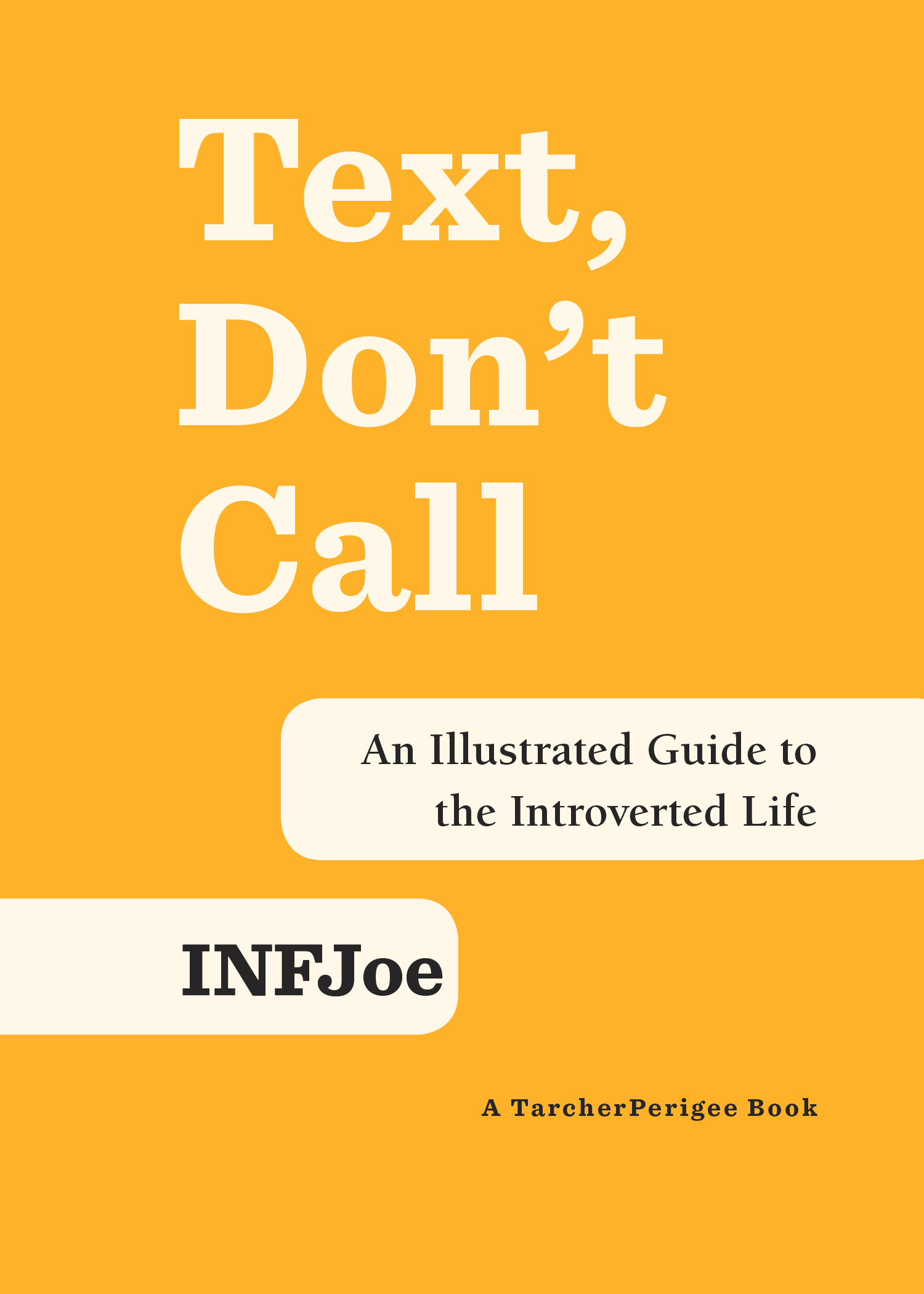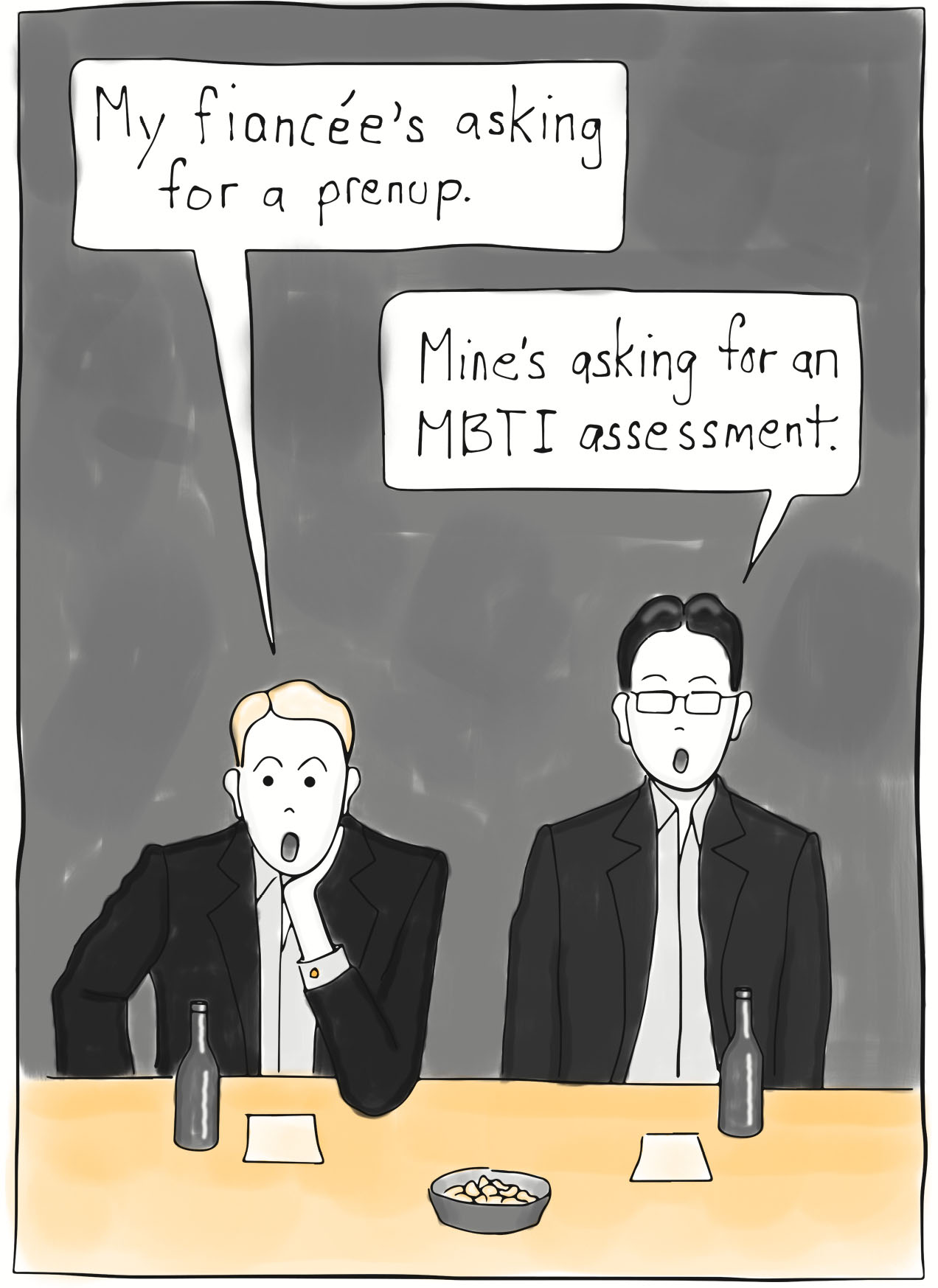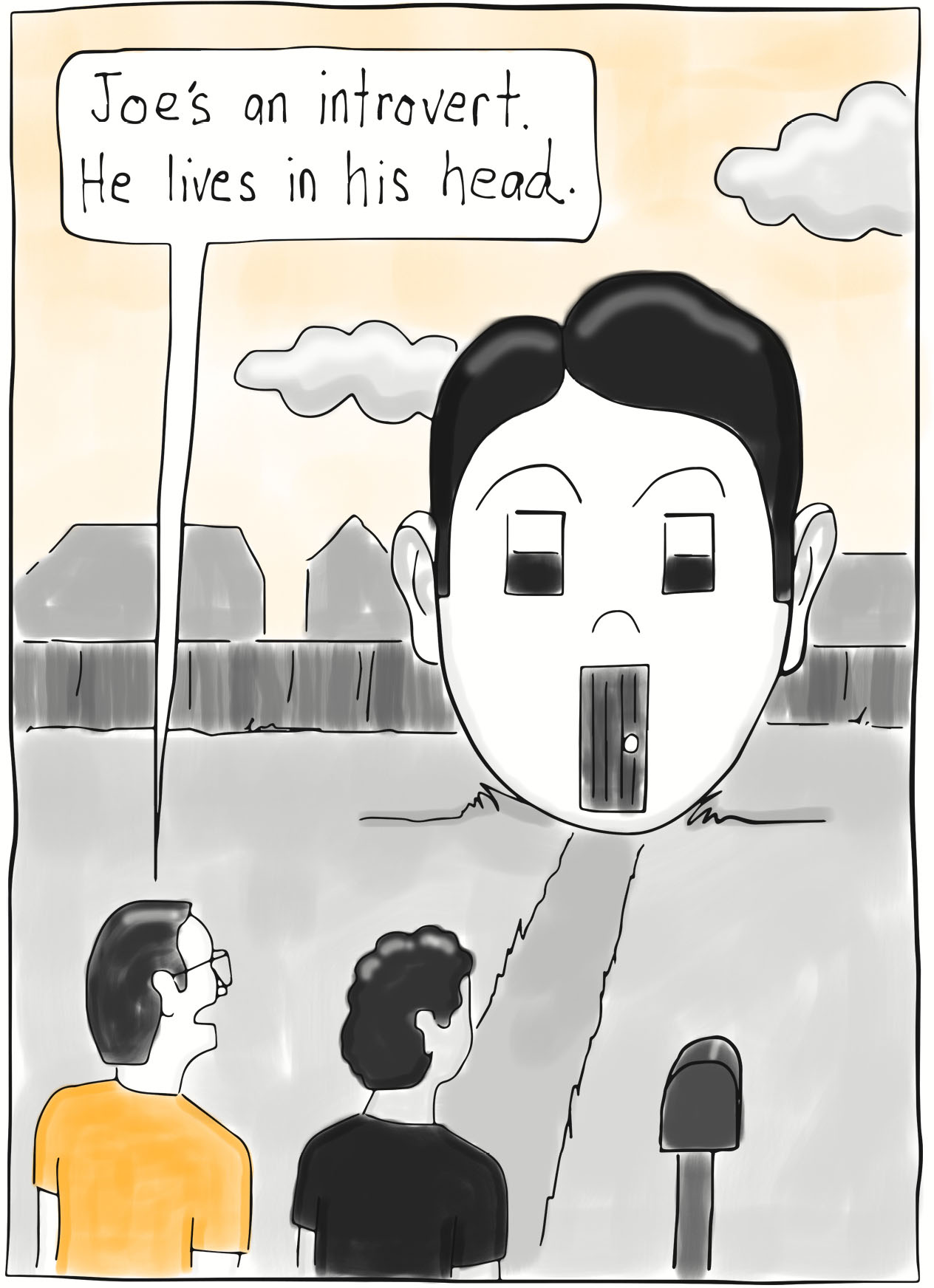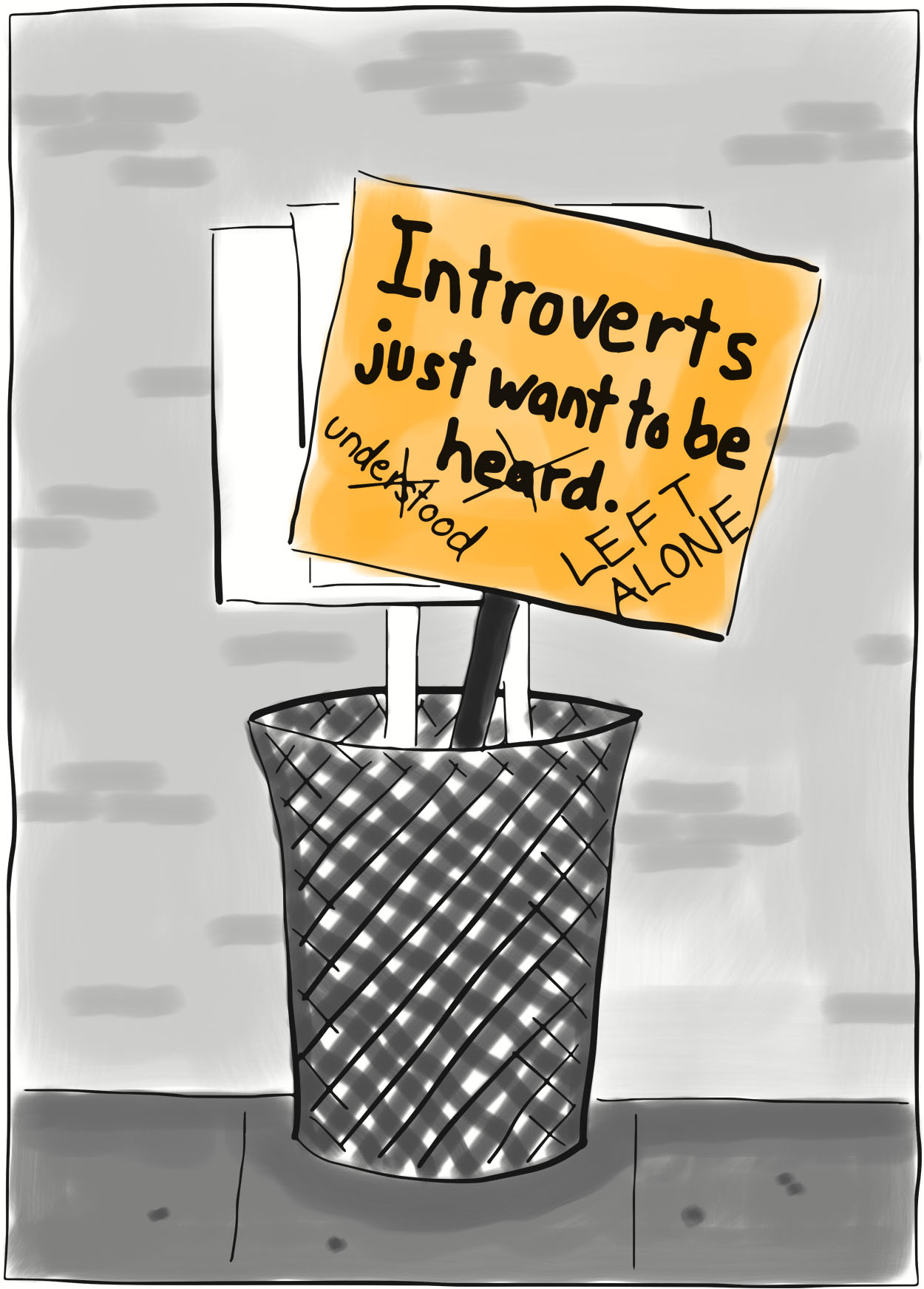
An imprint of Penguin Random House LLC
375 Hudson Street
New York, New York 10014
Copyright 2017 by Aaron T. Caycedo-Kimura
Penguin supports copyright. Copyright fuels creativity, encourages diverse voices, promotes free speech, and creates a vibrant culture. Thank you for buying an authorized edition of this book and for complying with copyright laws by not reproducing, scanning, or distributing any part of it in any form without permission. You are supporting writers and allowing Penguin to continue to publish books for every reader.
TarcherPerigee with tp colophon is a registered trademark of Penguin Random House LLC.
LIBRARY OF CONGRESS CATALOGING-IN-PUBLICATION DATA
Names: Caycedo-Kimura, Aaron T., author.
Title: Text, dont call : an illustrated guide to the introverted life / Aaron T. Caycedo-Kimura.
Description: New York, NY : TarcherPerigee, [2017]
Identifiers: LCCN 2017004484 (print) | LCCN 2017016215 (ebook) | ISBN 9781524704599 | ISBN 9780143130789
Subjects: LCSH: Introversion. | Introverts.
Classification: LCC BF698.35.I59 (ebook) | LCC BF698.35.I59 C39 2017 (print) | DDC 155.2/32dc23
LC record available at https://lccn.loc.gov/2017004484
Cover design and illustrations: INFJoe
Version_1
To my wife, Luisa,
to the memory of my parents,
and to introverts everywhere
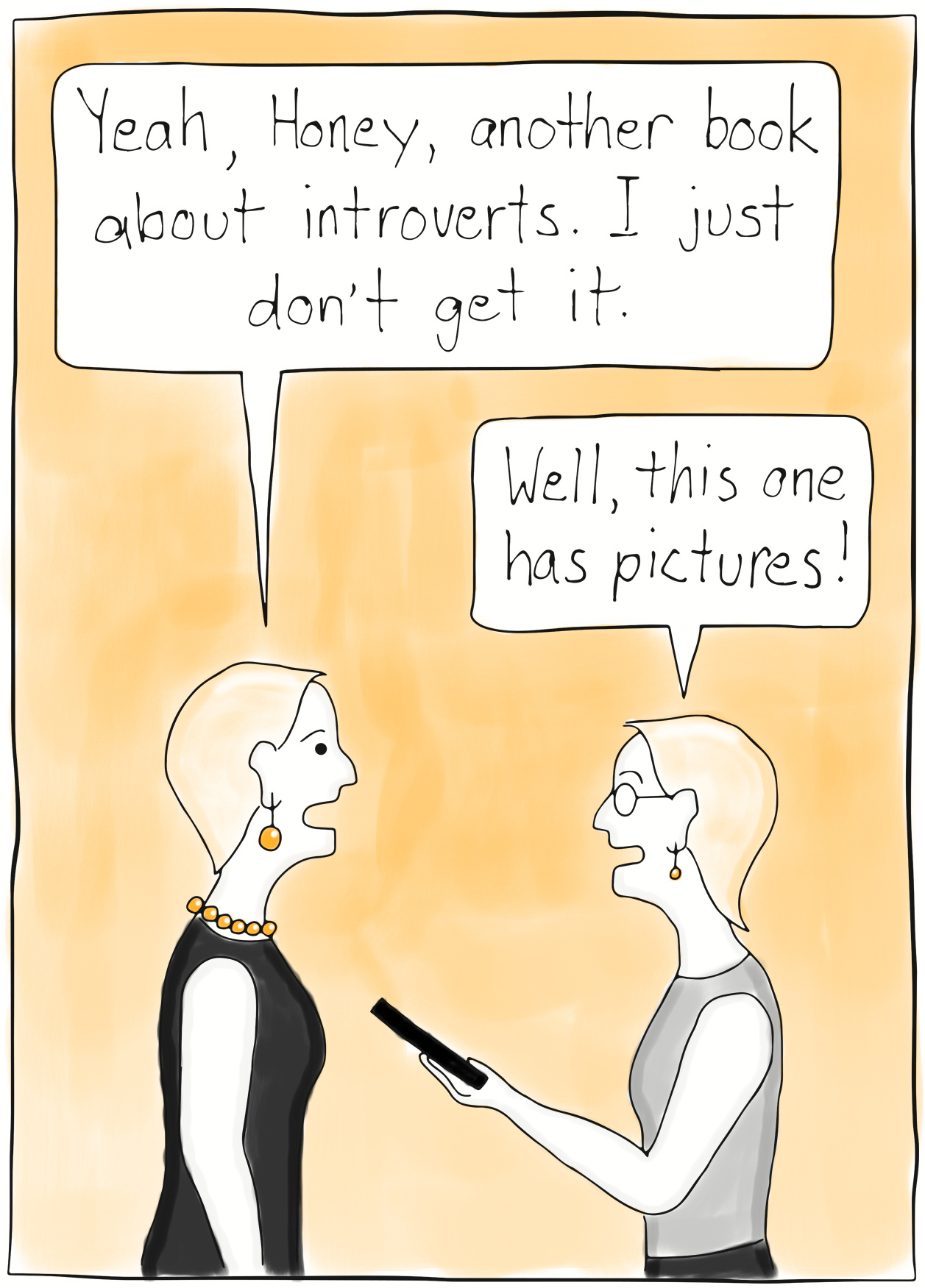
Introduction
H ave you ever wondered why you dont enjoy parties? Or why you need so much time to yourself? Do you sometimes feel like an outsider, even with your closest friends? Do you often feel that youre running on empty? If your answer is a resounding yes to these questions, youre not weird, and youre certainly not alone. You just may be an introvert.
In 1997, while my fiance (now wife) and I were soulsearching for what to do with our lives, we came across the book Do What You Are by Paul D. Tieger and Barbara Barron, which walked us through personality typing based on the Myers-Briggs Type Indicator (MBTI) inventory. The MBTI tool is an assessment designed to measure a persons psychological preferences of perception and judgment, determined by where the person falls on the continua of four dichotomies: extroversion/introversion, sensing/intuition, thinking/feeling, and judging/perceiving. The interaction among these four preferences results in sixteen distinct personality types, each denoted by a four-letter code. Discovering that Im an INFJ (that is, oriented toward introversion, intuition, feeling, judging) was an amazing revelation. The description nailed and validated me; among other things, INFJs are deeply emotional, empathetic, relational, and INTROVERTED.
Although its not uncommon to be an introvert (introverts make up at least a third of the population), contemporary culture generally champions extroverted characteristicssuch as being outgoing and being able to think quickly on your feet and verbalize off the top of your headespecially as a way to get ahead in life. This idealization of extroverted traits can leave us introverts feeling inadequate, excluded, or just plain weird.
Everyone falls somewhere on the extrovert/introvert continuum, and there is no one who is purely extroverted or purely introverted. I happen to be a huge introvertI live my life inside my head, need long stretches of time alone to recharge, and prefer quiet, spacious environments. At the same time, I care very deeply about people and need the human contact that comes with love and friendship.
One of the most well-known introverted traits is an aversion to large gatherings. Its important, however, to understand that being introverted is different from being shy or antisocial. Shyness is insecurity or fear of social embarrassment, and the word antisocial describes someone who has hostile or harmful feelings toward society. Introversion is a preference that has to do with where you direct your energy (inward), how you recharge (usually often and by being alone), and what level of outside stimulation youre comfortable with (less is more). Its not a weakness to overcome or something to be cured. Its just how some of us are designed.
And its great to be an introvert! There are so many wonderful qualities that come with having this particular preference. For instance, we introverts are wired to focus and concentrate well, and we tend to process things before we speak or act. Were observant and insightful, often expressing ourselves better in writing than in speech. Because were seriously private, introverts may be difficult to get to know, but once we warm up to someone, we make good listeners and trustworthy confidants. We prefer depth to breadth and are fiercely independent.
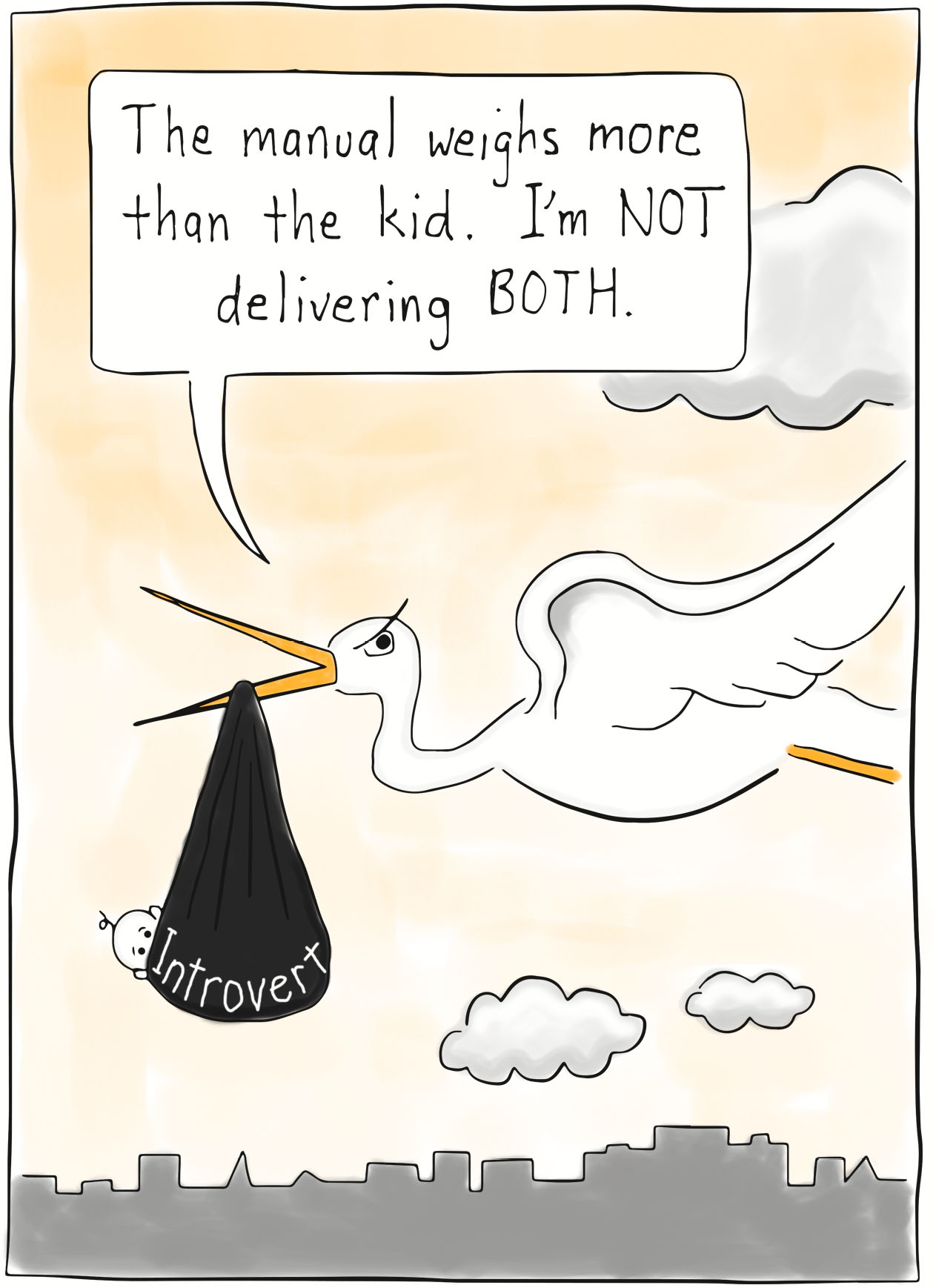
This book began when I found myself in a creative dry spell and needed a different medium to explore. At the same time, I found myself reflecting on how difficult life was for me growing up as an introvert and, in particular, an INFJ. Unfortunately, I didnt come with a manual. From this confluence of frustration and reflection, I invented the online personality INFJoe and began drawing and posting cartoons on the Internet. The response was amazing! To this day, I hear from people all over the world who identify with my introverted thoughts and experiences. One person wrote, Im so happy to find out Im not the only one. I scored as high as possible for introverts. I always felt so different and wanted to change. Now I accept its who I am, but it makes me so happy to know there are others like me.
Navigating this extroverted world as an introvert can be tough and confusing. Were often misunderstood and left feeling unappreciated and exhausted. Sometimes we dont even understand ourselves and wish we were different. With this book, I would like to celebrate and encourage all the introverts out there. Although you prefer solitude much of the time, youre not alone; we introverts are alone together. If youve ever felt odd or out of place, I hope that this book will help guide you to a better understanding of yourself and that youll feel validated and better equipped to face this extroverted world.
Aaron Caycedo-Kimura
Know Thyself
A re you an introvert? Do you understand what that means? People are complex; no two are exactly alike. In addition to having different talents, aptitudes, physical abilities, and experiences, we fall on different points of the extrovert/introvert continuum. There are different degrees of introversion, and sometimes even introverts can have extroverted moments. But because contemporary culture idealizes extroverted traits, we introvertsespecially those of us who fall on the far introverted end of the spectrummay feel that theres something wrong with us. Some may not even understand or like themselves and may deny their natural preferences. We introverts need to understand, accept, and appreciate ourselves and how we are naturally wired. Were not weird or alien, just designed in a particular way.

